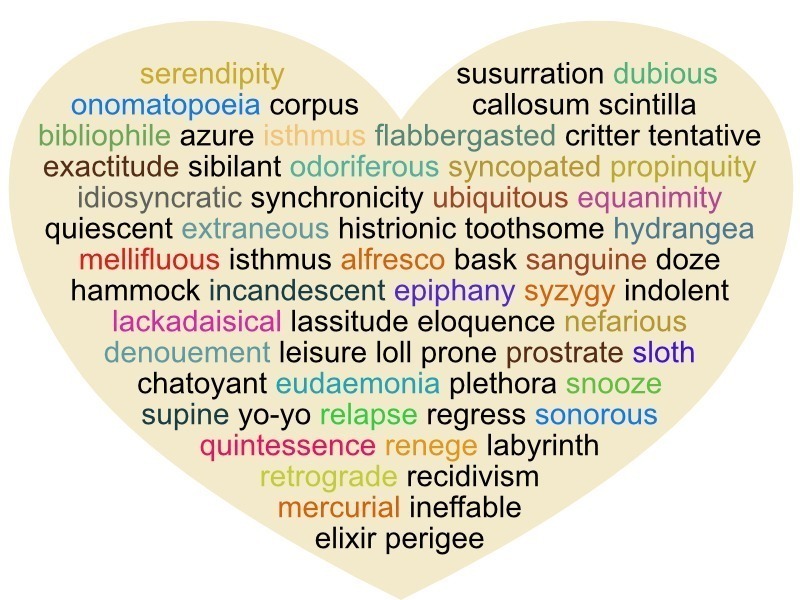search
date/time
 | Yorkshire Times A Voice of the Free Press |

Paul Spalding-Mulcock
Features Writer
@MulcockPaul
1:02 AM 28th October 2023
arts
Word Of The Week : Sibilant

Etymologically, ‘Sibilant’ comes to us from the Latin word sibilans, the present participle of sibilare meaning to hiss, or whistle.
When employed as an adjective, we are describing the making of a hissing sound as in, ‘his sibilant whispering’. The recondite world of phonetics undergirds our usage in that as a noun, sibilant is the name for a specific speech sound whereby fricative consonants are produced by directing a stream of air with a speaker’s tongue towards their teeth.
In English, s, z, sh and zh, as in the sound of the s in pleasure are pure sibilants, with the affricates ch and j also considered modified sibilants. As such a sibilant is a phoneme which combines a plosive with an immediately following fricative, or spirant sharing the same articulation.

Photo by Kristina Flour on Unsplash
Eschewing the dusty world of phonetics, think of this adjective as suggesting soft, hissing sounds…
A sibilant murmuring briefly pervaded the room…the thin, serpentine form quietly raised itself by dint of a rectilinear slither. A puny arm reached for the water glass sat before it on the grandiose lectern – “H eth 2 has been cancelled upon my order”. A glistening forked tongue flicked briefly into sight before disappearing into the dark environs of the PM’s smirking maw.
Also by Paul Spalding-Mulcock...
Word Of The Week : CorpusThe Gallery, Slaithwaite: ‘Ten’ - A Birthday ExhibitionWord Of The Week : PropinquityWord Of The Week : IdiosyncrasyWord Of The Week : MercurialMore in this series...
Word Of The Week : CorpusWord Of The Week : PropinquityWord Of The Week : IdiosyncrasyWord Of The Week : MercurialWord Of The Week : RetrogradeWord Of The Week : LackadaisicalWord Of The Week : EudaemoniaWord Of The Week : ScintillaWord Of The Week : EpiphanyWord Of The Week: LassitudeWord Of The Week : FlabbergastWord Of The Week : SyzygyWord Of The Week: RecidivismWord Of The Week : LabyrinthWord Of The Week : IsthmusWord Of The Week : SusurrationWord Of The Week: ChatoyantWord Of The Week : Esemplastic